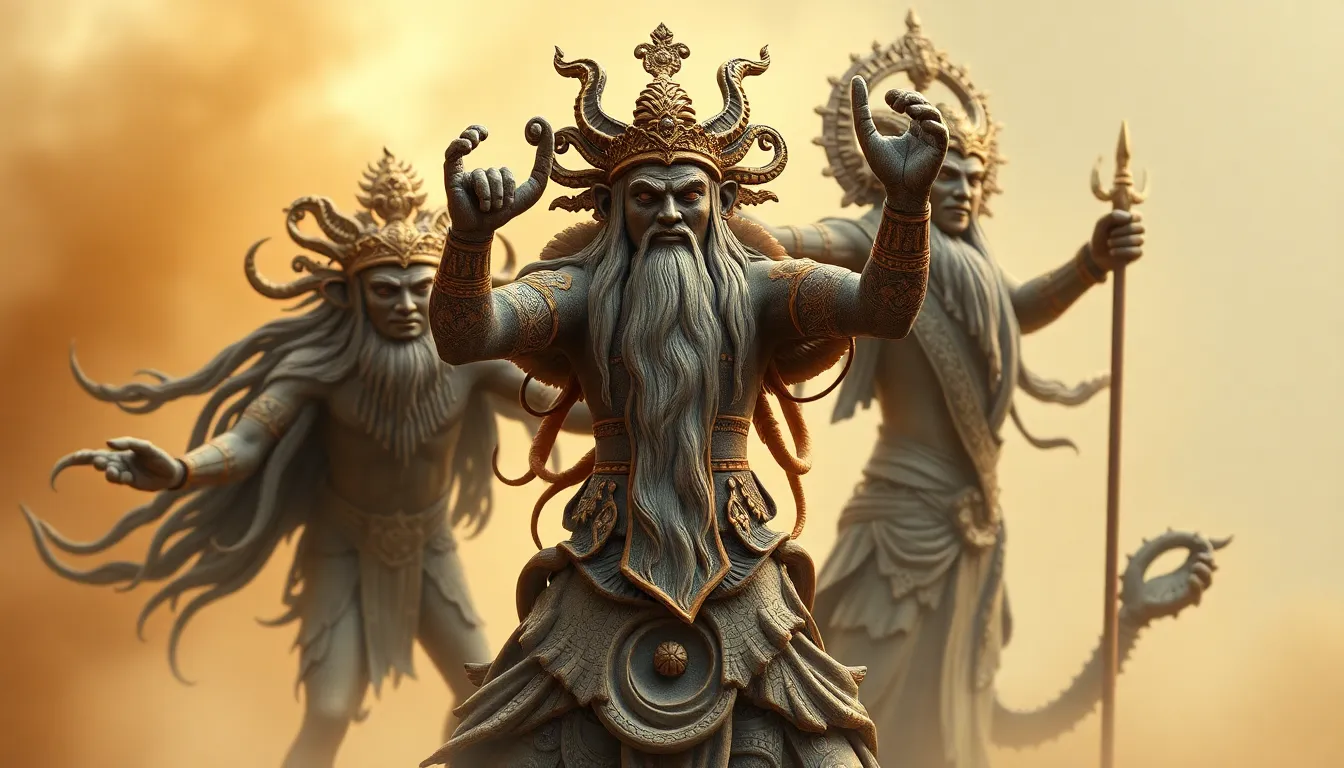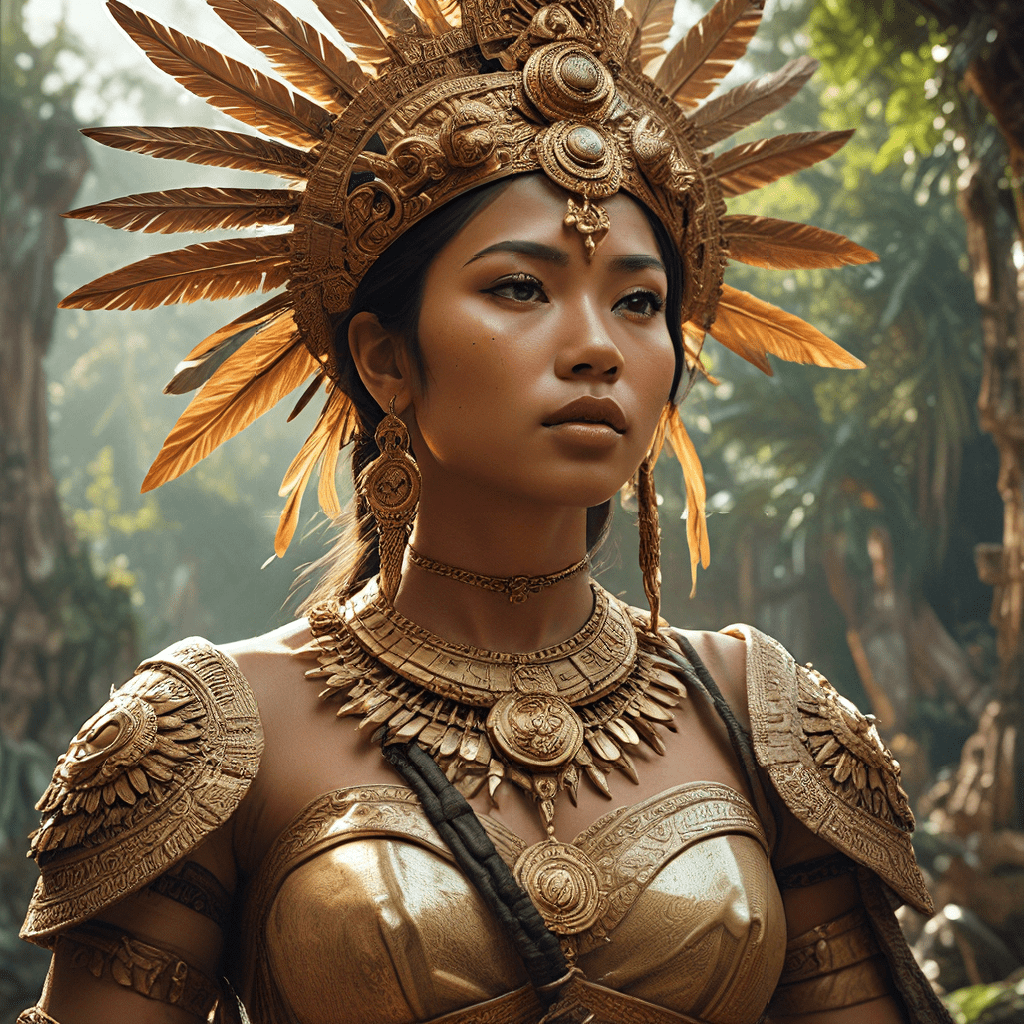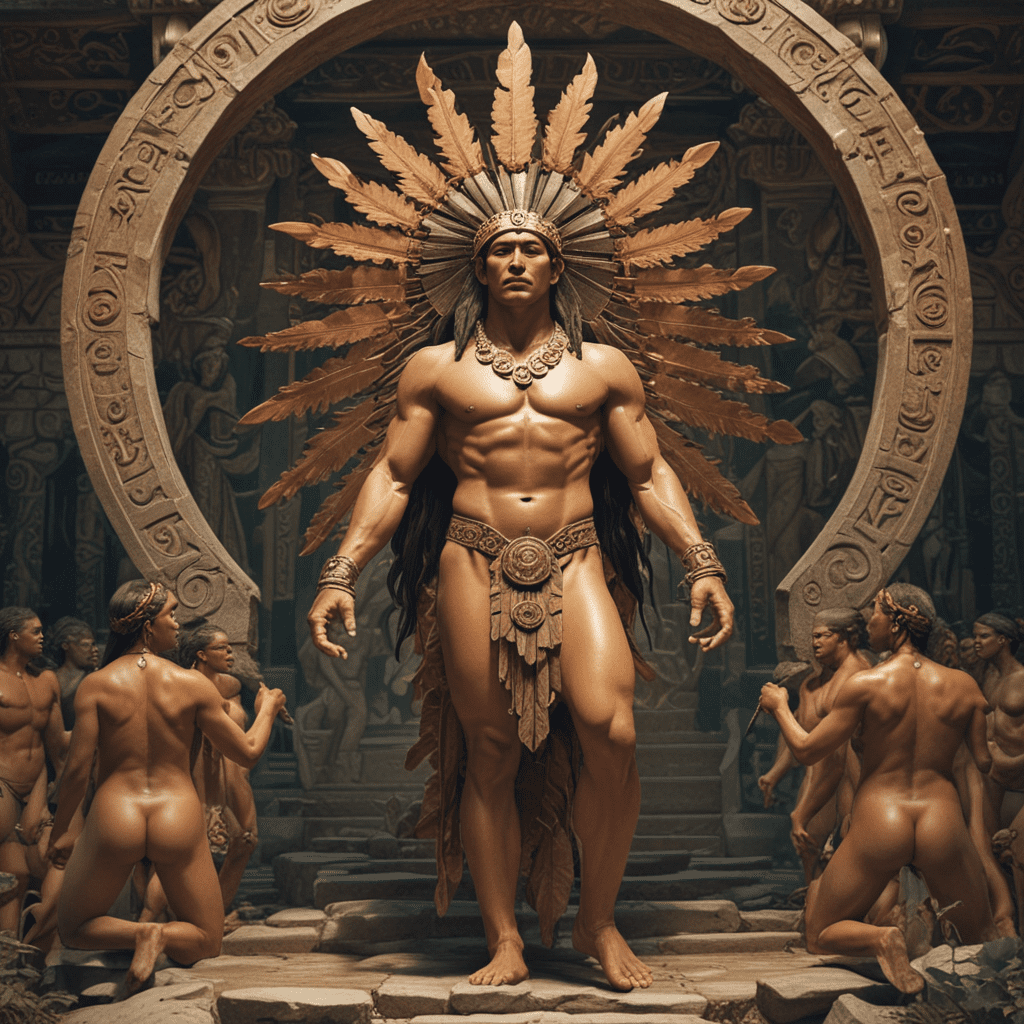The Most Interesting Ancient Deities and Their Quirky Traits
Introduction to Ancient Deities
Ancient deities have played a critical role in the cultures of civilizations throughout history. They served not only as objects of worship but also as embodiments of the values, fears, and aspirations of the people who revered them. These deities often reflect the traits of human nature, showcasing both the noble and the bizarre aspects of existence.
Mythology has been a vehicle through which societies have shaped their values and norms, providing narratives that explain the world around them. Ancient stories convey lessons about morality, the human condition, and the cosmos, allowing cultures to pass down wisdom across generations. In this exploration, we will delve into some of the most interesting ancient deities, focusing on their quirky traits and engaging stories that continue to fascinate today.
The Unconventional Trickster: Loki (Norse Mythology)
Loki is perhaps one of the most complex figures in Norse mythology. Known primarily as a god of mischief, his duality as a trickster and a figure of chaos sets him apart from the other gods of Asgard. Unlike the noble deities, Loki’s actions often lead to unpredictable consequences, challenging the status quo.
Notable myths that highlight Loki’s quirky personality include:
- The Theft of Idun’s Apples: Loki’s cunning leads him to steal the apples of immortality, which causes chaos among the gods.
- The Binding of Loki: His betrayal ultimately results in him being bound by the entrails of his own son, showcasing his dual nature as both a creator of chaos and a victim of it.
The Feline Goddess: Bastet (Egyptian Mythology)
Bastet, the Egyptian goddess of home, fertility, and domesticity, is often depicted as a lioness or as a woman with the head of a lioness or domestic cat. This transformation from a fierce lioness to a gentle house cat reflects the duality of her nature and the importance of both strength and nurturing in ancient Egyptian society.
Her quirky traits include:
- As a protector of the home, she embodies the domestic sphere, yet her origins as a lioness emphasize the fierce protective instincts mothers possess.
- Bastet was celebrated during the festival of Bubastis, which involved music, dancing, and revelry, showcasing her connection to joy and community.
The Eccentric Wine God: Dionysus (Greek Mythology)
Dionysus, the Greek god of wine, pleasure, and festivity, embodies the contrasting aspects of joy and chaos. He is often depicted as a youthful figure accompanied by a retinue of satyrs and maenads, symbolizing the ecstatic and uninhibited nature of his worship.
His unusual traits include:
- Dionysus is a god who blurs boundaries, representing both civilization and the wild, showcasing the dual nature of human experience.
- His ability to induce madness in humans speaks to the fine line between pleasure and chaos, as seen in the myths of his followers succumbing to frenzy.
The Feathered Serpent: Quetzalcoatl (Mesoamerican Mythology)
Quetzalcoatl, often referred to as the Feathered Serpent, is a prominent deity in Mesoamerican cultures, particularly the Aztecs and the Toltecs. As a god of wind, air, and learning, Quetzalcoatl represents a unique blend of the earthly and the divine.
His quirky attributes include:
- An aversion to violence, Quetzalcoatl is often portrayed as a peaceful deity who promotes intellectual and spiritual growth.
- His love for humanity is evident in myths where he brings agricultural knowledge and the arts to civilization, contrasting with other gods who demand sacrifice.
The Mischievous Moon God: Tsukuyomi (Japanese Mythology)
Tsukuyomi, the moon deity in Japanese mythology, has a complex personality and is often associated with the night and the cycles of the moon. His relationships with other deities, particularly his sister Amaterasu (the sun goddess), highlight the balance between light and dark.
Tsukuyomi’s quirky traits include:
- His lunar rituals involve unique practices that celebrate the beauty and mystery of the night, including offerings to the moon.
- His complex relationship with Amaterasu often leads to tension, reflecting the duality of day and night in nature.
The Shape-Shifting Goddess: Inanna (Sumerian Mythology)
Inanna, the Sumerian goddess of love, war, and fertility, is known for her shape-shifting abilities and multifaceted nature. She embodies the complexities of femininity and power, navigating both the realms of love and conflict.
Inanna’s quirky abilities include:
- Her ability to transform, which symbolizes adaptability and the various roles women play in society.
- Her descent into the underworld to confront her sister Ereshkigal exemplifies her bravery and determination, showcasing themes of life, death, and rebirth.
The Whimsical God of Dreams: Morpheus (Greek Mythology)
Morpheus, the Greek god of dreams, is often depicted as a figure capable of taking any human form in dreams. He represents the boundaries between reality and the subconscious, providing insights and messages through dreams.
His quirky traits include:
- As the messenger of the gods in dreams, Morpheus helps bridge the gap between the mortal and divine realms.
- His whimsical nature allows him to playfully manipulate dreams, reflecting the unpredictable and often surreal nature of the dream world.
The Dual Nature of Shiva (Hindu Mythology)
Shiva, one of the principal deities in Hinduism, embodies the dual nature of creation and destruction. His complexity is reflected in his roles as a benevolent protector and a fearsome destroyer, highlighting the cyclical nature of existence.
Some of Shiva’s quirky attributes include:
- His love for dance, particularly the Tandava, symbolizes the cosmic cycles of creation and destruction.
- Shiva’s meditation and ascetic lifestyle contrast with his playful persona as the lord of animals and nature, showcasing his multifaceted character.
Conclusion: The Enduring Legacy of Quirky Deities
The fascinating world of ancient deities reveals much about the human experience. Their quirky traits and complex personalities demonstrate that divinity often mirrors humanity’s own contradictions and complexities. From the mischief of Loki to the nurturing nature of Bastet, these ancient figures continue to captivate our imagination and provide insights into the values and beliefs of the cultures that created them. As we explore these narratives, we find not only the quirks of these deities but also reflections of our own lives and experiences.



